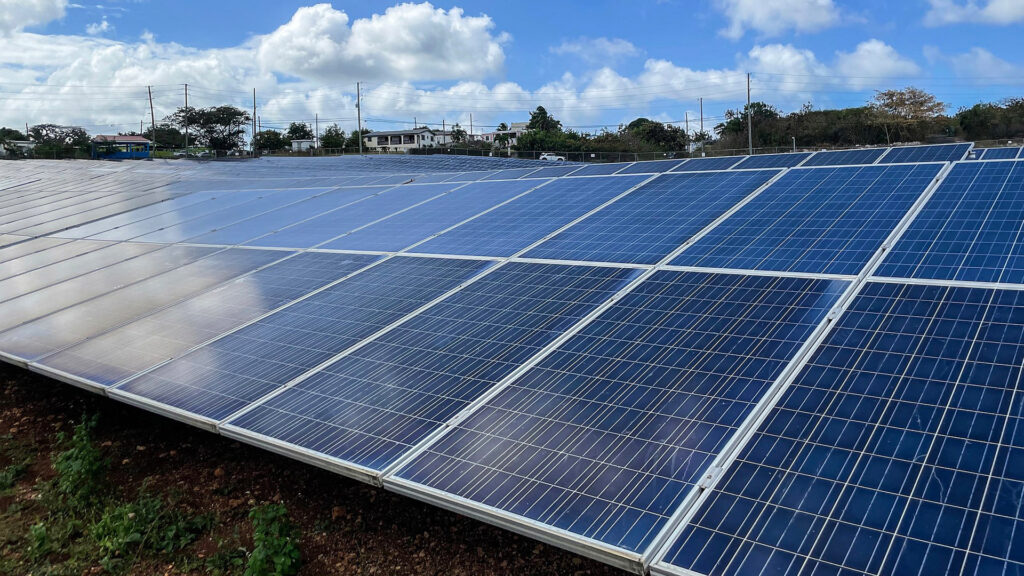By Isabella Moeller, Audubon Florida’s Write for Climate program
In Florida, threats posed by climate change are already here. With rising sea levels and intensifying hurricanes, we must consider how an escalating climate crisis will impact people’s lives – including their finances.

As energy providers will inevitably move toward renewable energy sources, it’s imperative we prevent utility companies from loading energy project costs onto ratepayers. As a college student living in an off-campus apartment and personally financing my education, rising energy bills are a significant financial strain that affects my ability to afford basic necessities and pursue my academic goals.
It is disheartening that our elected officials have yet to take decisive action against safeguarding the environment and alleviating financial strain on communities. Instead, they have passed HB 229/SB 364, which allows the Public Service Commission to operate without the need for re-approval each fiscal year and removes a constraint on its rulemaking process. This could result in reduced oversight of the commission’s decisions, potentially leading to higher energy costs for the public and making it easier to continue relying on fossil fuels.

It is crucial that we ensure the long-term cost benefits of switching to renewables are felt by both utility companies and residents alike. Therefore, I implore the Florida Public Service Commission to ensure that as utility providers to invest in clean energy innovations, the utility companies are fairly sharing the project costs between themselves and ratepayers.
Renewable energy resources offer Florida the opportunity to diversify its energy mix, reducing reliance on fossil fuels such as natural gas and minimizing the volatility of fuel costs. This transition not only fosters investment and innovation within the state but also enhances environmental conditions, positioning Florida as a leader in sustainable energy technologies. Furthermore, it drives economic growth while safeguarding both the financial well-being of Floridians and the state’s natural resources.
Isabelle Moeller is a student at the University of South Florida. She plans to graduate in 2026 with a major in environmental science. This piece was written for Audubon Florida’s Write for Climate program.
If you are interested in submitting an opinion piece to The Invading Sea, email Editor Nathan Crabbe at ncrabbe@fau.edu. Sign up for The Invading Sea newsletter by visiting here.



